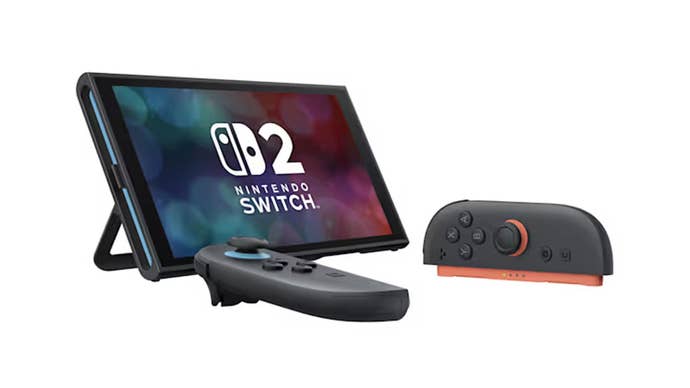Nintendo has stated that the $449.99 price for the Switch 2 has remained unaffected by US tariffs
Nintendo clarified that recent U.S. tariffs, introduced coinciding with the announcement event for the Switch 2, were not included in the device's proposed $449.99 retail price.
In an interview with The Verge, Doug Bowser, Nintendo of America's president, stated that the company is examining the potential effects of the tariffs.
This tariff situation led to the postponement of U.S. pre-orders for the console, which were originally set to begin on April 9, 2025. Nonetheless, the June 5 release date for the Switch 2 remains unchanged.
Bowser explained that the $449.99 price reflects the console's projected longevity as a key element.
"We believe in providing a device that enhances entertainment experiences for consumers and offers lasting value," Bowser remarked. "The pricing reflects these aspects."
The console includes advanced features such as a larger LCD screen, improved Joy-Cons designed for durability, and a proprietary Nvidia processor featuring ray tracing capabilities.
"While it's important to consider the price in relation to the original Switch, the focus was more on the unique aspects of this experience," Bowser noted.
In discussing game pricing for the Switch 2, Bowser mentioned that Nintendo values each game as a "unique experience," resulting in varied prices based on its content.
For instance, Nintendo has priced the introductory game, Switch 2 Welcome Tour, at $9.99 rather than offering it free, due to its richness in minigame experiences.
"The development of the game packed it with numerous repeatable experiences," he said. "Considering its depth, $9.99 is a reasonable price."
The main launch game, Mario Kart World, is priced at $80, which is higher than typical Nintendo game prices.
GamesIndustry.biz analyzed reasons behind the high costs of Switch 2 games, suggesting that factors like inflation might have influenced the pricing strategy.
In a conversation with IGN, Bill Trinen, vice president of product and player experience at Nintendo of America, supported Bowser's view that game pricing should reflect the content and value they offer.
"The pricing of Mario Kart World isn't about strategy; it involves assessing the game's experience, content, and the value it provides," Trinen explained.
